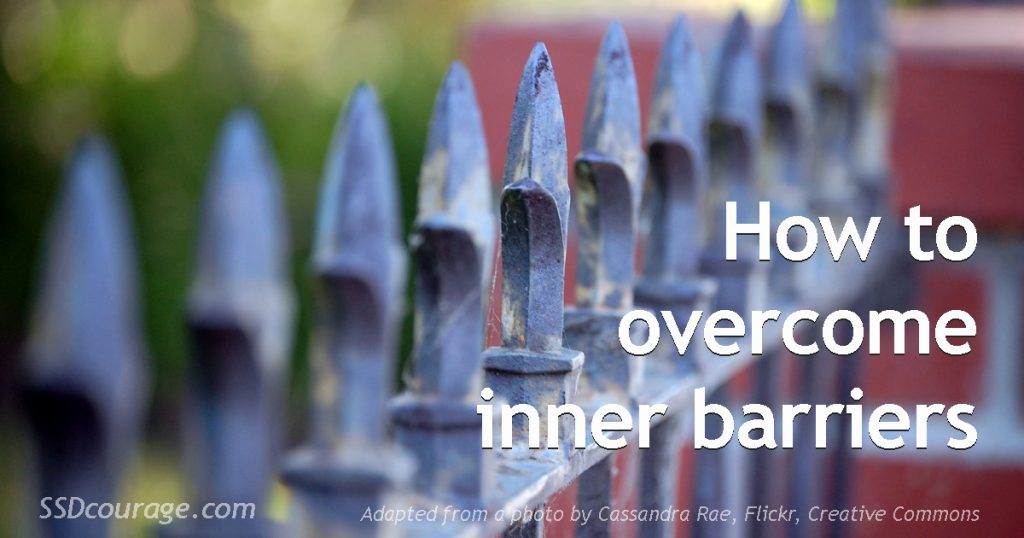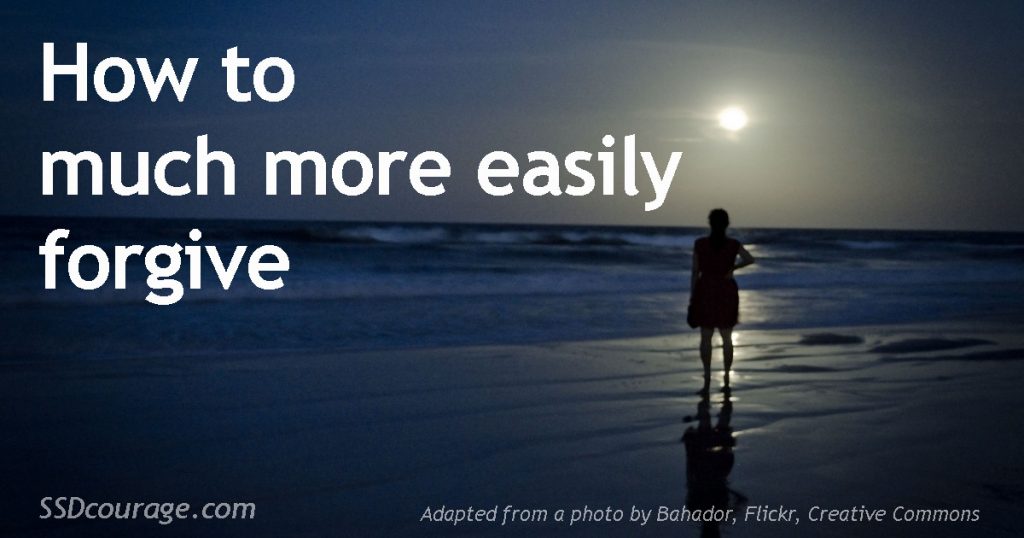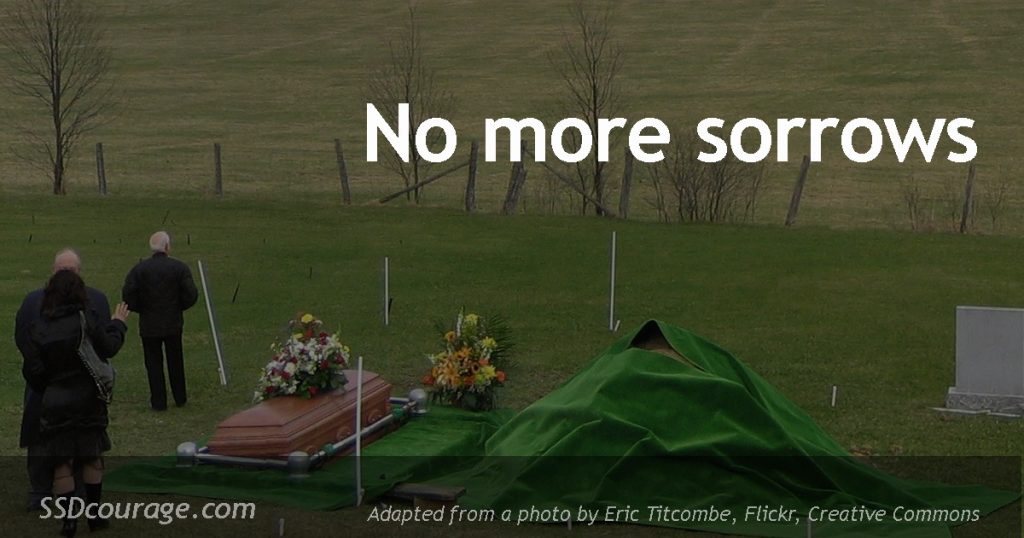
Will that other woman (or man), that addiction, that temptation give you what you really want? I think deep down we all know those things are candy-coated poison. But how do we satisfy that deep longing inside?
Sometimes we want things we should NOT have. But God promises to satisfy our desires with good things. (Psalm 103:5) The temptation is to hide our evil desires from God, but our best interests are served by taking the counter-intuitive step and bringing all our desires—the good, the bad, and the ugly—to God.
If we are willing to bring our desires to God, our temptations can be opportunities for God to bring good into our lives. I’ve created a simple one-page guide that explains how I do that. Maybe it will be helpful to you as well.
Find it here:
http://ssdcourage.com/wp-content/uploads/2017/01/Bypass-forbidden-fruit-to-get-what-you-really-want.pdf
Bible trivia:
Answer from last time: Benjamin was named Ben-Oni (“son of my sorrow”) by his mother but his father renamed him Benjamin (“son of my right hand”).
New question: Which came first, David & Goliath or Daniel & the lion’s den?
























